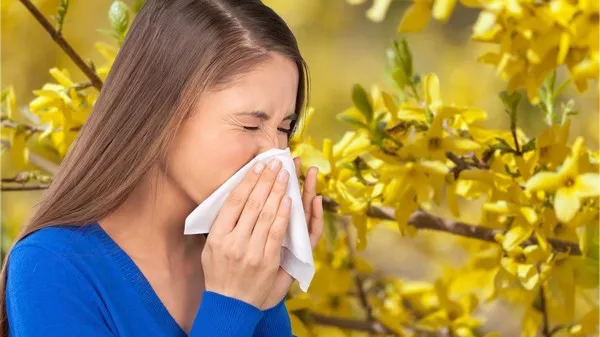Key Points:
Common Symptoms: Runny nose, itchy skin, and persistent coughing are hallmark signs of seasonal allergies, affecting a significant portion of the population, especially in the United States.
Homeopathic Remedies: Many individuals turn to homeopathic remedies to alleviate allergy symptoms, with honey being a popular choice. However, scientific evidence supporting honey’s efficacy in treating seasonal allergies is lacking.
Scientific Consensus: Despite anecdotal claims, ingesting honey has not been scientifically proven to alleviate seasonal allergy symptoms. Studies on this topic have been small and inconsistent, failing to provide conclusive evidence of honey’s effectiveness.
Pollen Specificity: The notion that local honey can help with allergies stems from the belief that exposure to local pollen in honey can desensitize the immune system. However, the pollen found in honey differs from the airborne pollen responsible for seasonal allergies, rendering this theory ineffective.
Health Benefits: While honey may not help with allergies, it offers other health benefits, including anti-inflammatory and antioxidant properties. It can be used as a natural remedy for soothing sore throats and coughs.
Safety Considerations: Honey is generally safe for adults and children over one year old. However, it should be avoided in infants due to the risk of infant botulism associated with Clostridium bacteria present in honey.
Choosing Honey: Opt for unfiltered and pure honey varieties, as they retain their nutrients and lack artificial additives or fillers. Several recommended honey options are provided for home use.
Seasonal Allergy Management: Consultation with a healthcare provider is crucial for developing an effective treatment plan for seasonal allergies. Various medications, avoidance strategies, and lifestyle modifications can help manage symptoms and improve quality of life during allergy seasons.
Conclusion:
While honey may offer health benefits, it should not be relied upon as a treatment for seasonal allergies. Consulting a healthcare professional for personalized allergy management strategies is essential for effectively addressing allergy symptoms and improving overall well-being.


